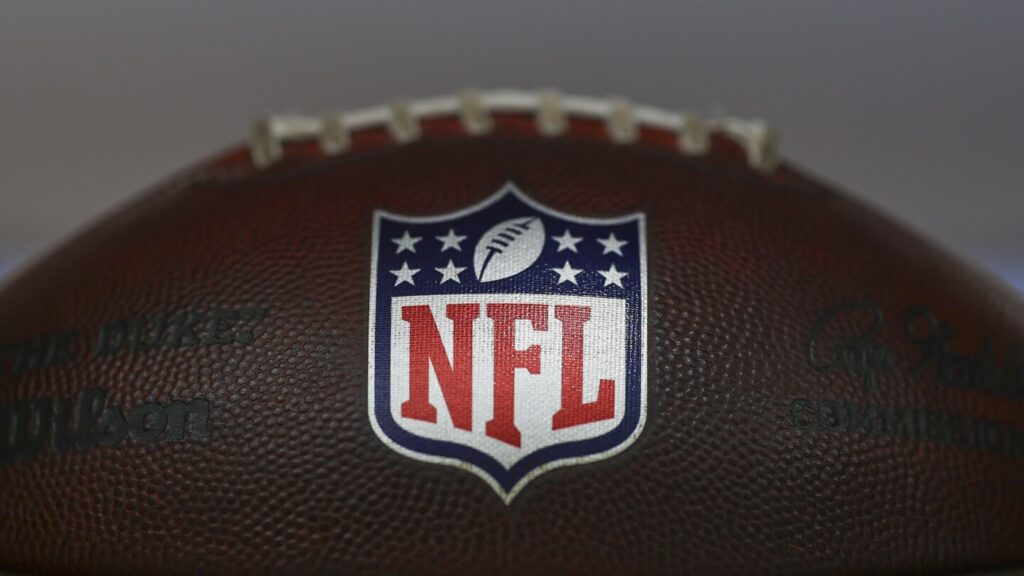Players stuck in the last year of a substandard contract don’t have many options. There’s one very viable option that rarely gets discussed.
We know about the preseason holdout. We know about the preseason hold-in, whether it’s done with both sides aware the player won’t be practicing — or whether the player is “injured.”
The player also could cite an injury (or an “injury”) to justify missing regular-season games, without losing pay.
Those are old hat. Been there, done that. There’s one more option, the mere mention of which strikes a nerve for the powers-that-be. Largely because it would leave the teams powerless.
For a player in the last year of his contract, his obligation ends with the final game of the regular season. Which means that he can walk out at the start of the postseason (or at any point during the playoffs) with no contractual consequence.
We made this point last December, in relation to Bengals receiver Tee Higgins. He was looking at a total postseason upside of only $348,000 for up to four games, after earning more than $1.2 million per week under the franchise tag. And he would have been risking an injury that would have potentially wiped out his earning potential, via free agency or a new deal or the $26.2 million franchise tag for 2025.
And while it’s possible that the player would face game-check fines for conduct detrimental to the team, the player on the brink of a new contract risks more than that — especially if he’s on the tail end of a slotted rookie deal.
Because the Bengals didn’t make the playoffs, Higgins never had to make the decision on whether to assume extra risk for not much extra pay. For Bengals defensive end Trey Hendrickson, Commanders receiver Terry McLaurin, Cowboys linebacker Micah Parsons, Bills running back James Cook, Rams running back Kyren Williams, and other players in contract years, it becomes a very real consideration.
Without a new contract, why not walk away when the current contract is fulfilled?
It would obviously trigger a shitstorm of controversy. Fans would revolt against the player. Many in the media wouldn’t understand. Even some in the locker room would be miffed at the player who had been denied a financial reward consciously and deliberately declined to play in the postseason.
So how about this approach? Announce the intentions right now. Explain it clearly.
“Playoff games are extra games, for not very much extra pay. I won’t be playing in the extra games unless I get financial security beyond the current season.”
It’s one thing for Micah Parsons to request a trade. It’s quite another for Parsons to say that, without a new contract, he’ll refuse to play in the playoffs. That he’ll do everything in his power to help the Cowboys qualify, but that unless the Cowboys give him the contract they’ve failed to give him since the conclusion of his third regular season, he will not be playing.
Ditto for McLaurin, Hendrickson, and the rest. The sooner the point is made, the sooner folks can come to terms with it.
And, if the player ultimately doesn’t play in the playoffs, maybe the team and not the player will get the blame for the situation.
It’s easy to blame the player. It’s easy to line up behind the owners and root for the laundry. But the owners know how to use business leverage. Which is why they will not be thrilled if/when this specific form of business leverage is ever used against them.
Read the full article here


